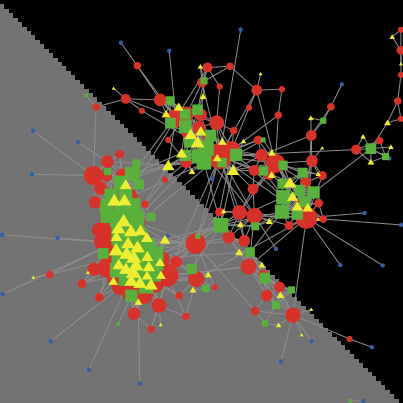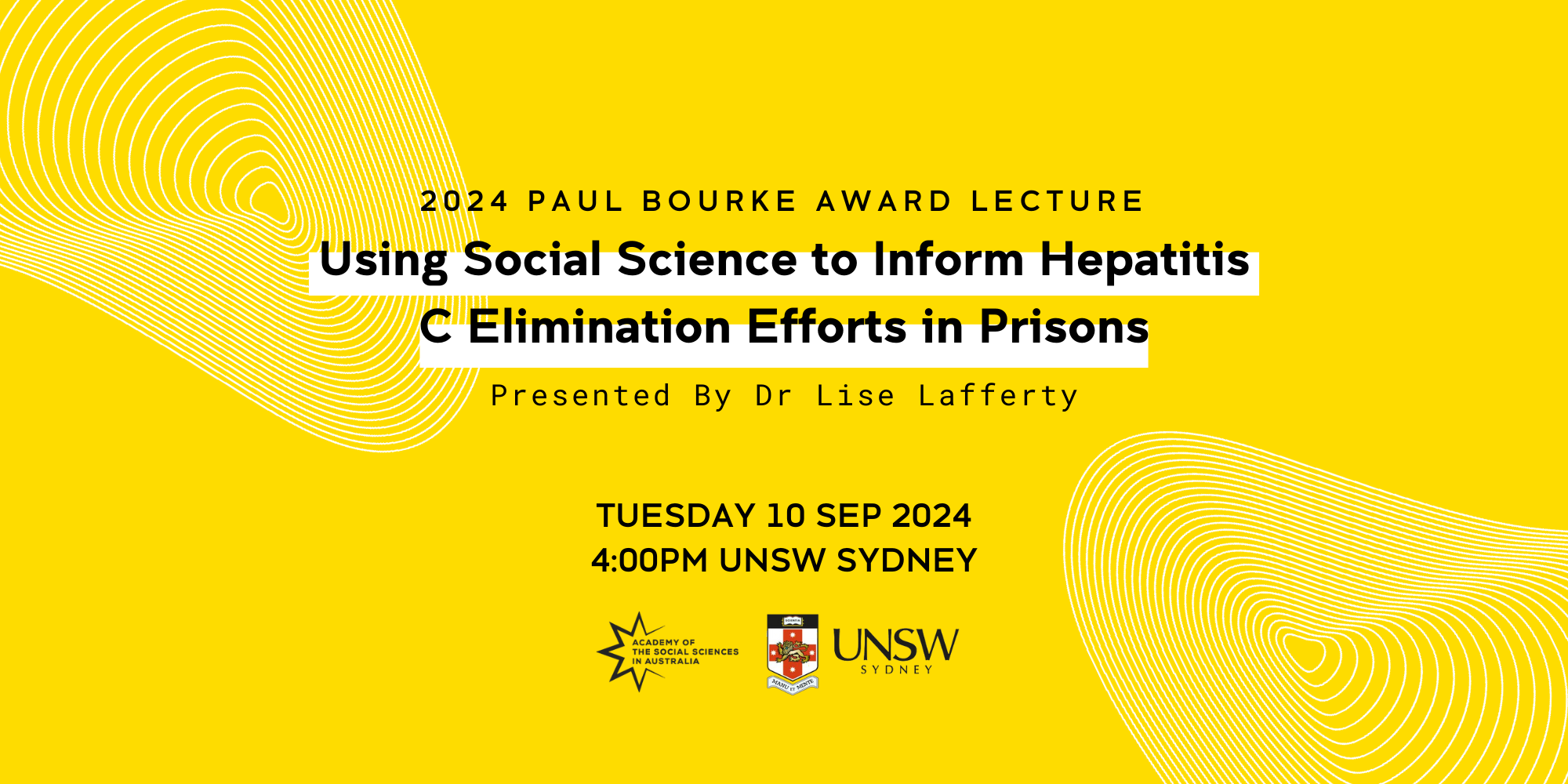An introduction to Computational Social Science
VirtualComputational social science (CSS) frequently uses Agent-based models (ABMs) to model social phenomena. ABMs are ‘bottom-up’ representations of individuals (computational agents) who exist within a society of other agents and who interact on a local scale based on sets of rules that govern their behaviour. When used like this, ABMs are attempts to create ‘Artificial Societies’ that we can study. The advantage of creating artificial societies is that imagined policies or interventions can then be made within these representations and the outcomes of those policies can be observed prior to implementation in the real world. The models can be anywhere between instructive or predictive, with the sophistication and detail of models often geared toward their purpose in this regard. In general, the most interesting models are those that try to replicate the generation of a large-scale social phenomenon when the mechanisms that create that phenomenon are currently unknown or contested (e.g., crowd behaviour, social behaviour, health behaviour, political behaviour, etc.). This session will introduce the audience to example agent-based models used in Computational Social Science and show how they can be used to augment existing research agendas, test theory, and trial simulated policies. We'll provide some very brief introductory 'how […]


